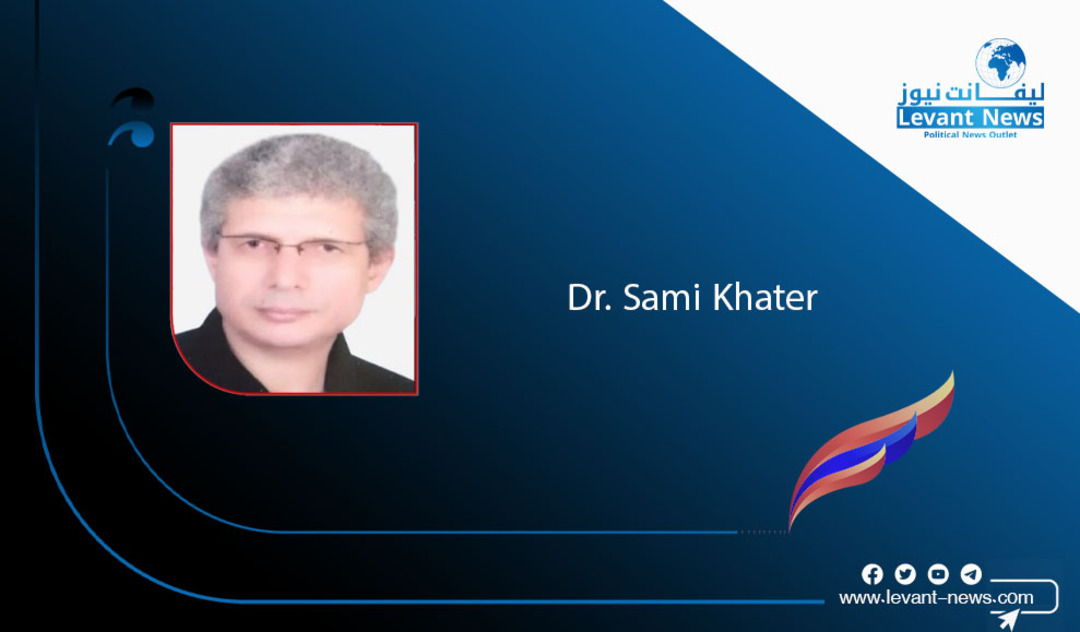-
The Mullah Regime in Iran… An Illegitimate Dictatorship Threatening the Region and Resisted by the People

Introduction
Dr. Sami Khatir, an academic and writer specializing in Iranian affairs.
We have followed many of your articles and research on Iran and the ruling Mullah regime in Iran. This makes it particularly important to meet you as an Arab writer among the rare few in this field, given your prolific output and extensive knowledge of this issue. Welcome to "Free Iran."
Questions and Answers
Q1: As an Arab, not as a specialist in Iranian affairs, how do you view the regime in Iran? How do you interpret the situation in Iran under this regime?
A1: Since the Mullahs came to power in 1979, Iran’s governance has been based on the so-called "Velayat-e Faqih" (Guardianship of the Jurist). It’s a system that combines religious and political authority in the hands of a single cleric, making power absolute without real separation of powers. This framework grants the Supreme Leader broad authority that surpasses Parliament, the government, and the judiciary. Any internal political or ideological opposition is subject to repression. As an Arab, I see this regime as illegitimate, claiming Islam, yet hostile to Arabs and employing sectarian rhetoric to manage this hostility. It will remain aggressive against Arabs as long as it stays in power. If we look at the current situation in Iran under this regime, we must ask: what will happen if a brutal, illegitimate, dictatorial regime remains? The overall situation will only deteriorate politically, economically, and socially—regionally and globally. Iran has declared hostility toward regional states and peoples, and both Iran and its people pay the price for this recklessness. Without the oppressive institutions and the terrorism and extremism militias it created in Lebanon, Iraq, Syria, Yemen, and Palestine—militias that serve its plans and export crises regionally, even at the expense of national resources—the regime would not have lasted a year in power. Today, this regime is on the brink of collapse, whether through a hunger revolution or a broad popular uprising led by Resistance Units affiliated with the MEK (People’s Mujahedin Organization). That will happen once the West withdraws its support for this regime.
Q2: As an Arab, not as an Iranian affairs expert—what is your view of the regional role of the Mullah regime? What are its consequences? Can such a regime be trusted, especially regarding its foreign relations? How should Arab countries deal with the regime?
A2: My position on the regional role of the Mullah regime is based on a realistic reading of its behavior since 1979. It can be summarized as expansionist, ideological, hostile, and destabilizing. It partners with Iran’s enemies, which do not care about the stability, sovereignty, or dignity of Arab countries; they only care about their own interests, even if it means killing innocent women, elders, and children. Iran has exported extremism and crises to the region, and for this reason, I completely oppose and condemn this aggressive role. Neither I nor any Arab can trust such a regime. Many experiences since the 1980s prove this. Its foreign relations are based solely on appeasement, bargaining, and deception. Arabs will only lose and waste time by engaging with this regime, as has been the case since the Iran–Iraq war in the 1980s. Dealing with such an illegitimate regime now threatens Arab security and must be met with firm, clear political stances—supporting the Iranian people's struggle and resistance as a legitimate force representing the people and securing a better future with the region.
Q3: As a specialist in Iranian affairs, how do you assess the Iranian regime? Can it legitimize itself internally or externally and remain in power?
A3: My view as a writer aligns with my view as an Arab citizen: the ruling system in Iran, based on Velayat-e Faqih since 1979, is an extension of the Shah’s project, created by the British and Russians to control Iran’s wealth and regional influence. The regime and its affiliated institutions, including the Revolutionary Guard and the Guardian Council, are part of a broader plan to dominate eastern and northeastern Iran, as well as the Middle East. Under the Mullahs’ rule, the East and northeast of Iran, and the Middle East in general, are under Western, particularly British, hegemony. This regime holds significant strategic importance for the West. Its legitimacy, however, is questionable—they are both Western-made, the Shah and the Mullah regime. The Shah’s regime was built on the blood of the constitutional revolution’s martyrs, and the Mullah regime stole the national revolution of 1979, not only hijacking it but sending the generation that led it into a brutal war with Iraq, subsequently establishing its dictatorship and eradicating opponents. Today, this regime is bankrupt, having
You May Also Like
Popular Posts
Caricature
opinion
Report
ads
Newsletter
Subscribe to our mailing list to get the new updates!




















